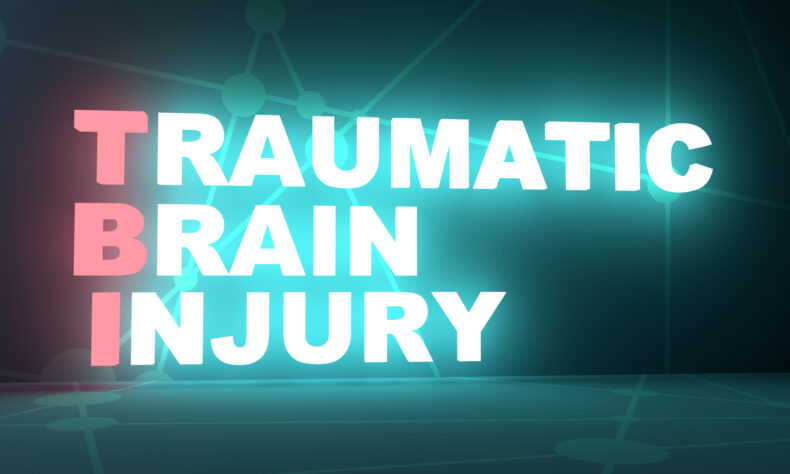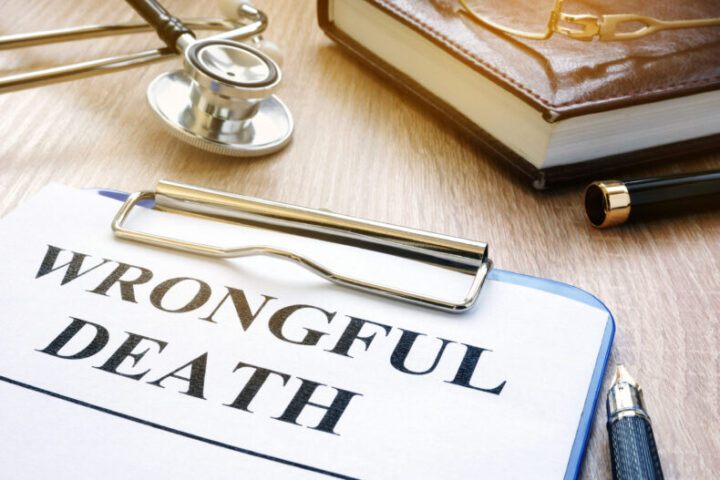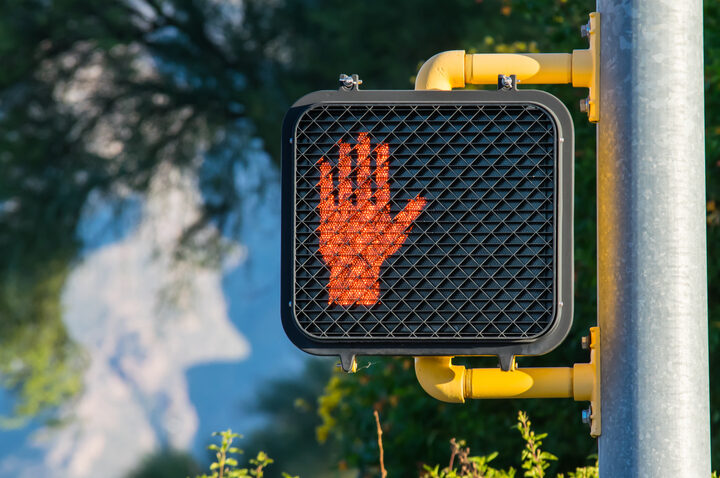Car Accident Brain Injury

Sustaining a brain injury in a motor vehicle collision is one of the scariest and most severe injuries you can suffer. Passenger vehicle drivers, motorcyclists, bicyclists, and pedestrians are all at risk of suffering a head injury if they are a victim of a serious crash. An estimated 1.7 million people sustain a traumatic brain injury every year.
If you or a loved one suffered a traumatic brain injury or severe head injury, you may be able to file a lawsuit against the negligent party. Contact our Rancho Cucamonga car accident lawyer today to set up a free consultation with our legal team.
Brain Injury After a Motor Vehicle Accident
According to the Centers for Disease Control and Prevention (CDC), motor vehicle accidents are the leading cause of traumatic brain injury-related death for youth ages 5 to 14 (55.8%) and young adults ages 15 to 24 (47.4%).
Overall, auto accidents are the leading cause of traumatic brain injuries in the U.S., accounting for about 25% of TBI-related hospitalizations each year.
Traumatic Brain Injury vs. Non-Traumatic Brain Injury

A traumatic brain injury (TBI) is caused by an external force, such as a blow or jolt to the head, that affects the brain cells, brain tissue, and overall normal function of the brain.
On the other hand, a non-traumatic brain injury (nTBI) is not caused by an external force, but by an illness, such as a stroke, cardiac arrest, or oxygen deprivation. A car accident would not directly cause a non-traumatic brain injury.
Different Types of Traumatic Brain Injuries

Typically, traumatic brain injuries are classified into three types, according to the severity of the injury: mild, moderate, and severe.
Mild Traumatic Brain Injury (Concussion)
Mild TBIs, commonly referred to as concussions, make up most of the TBIs that are diagnosed each year. While described as mild, the effects of concussions can be serious. Some common symptoms of mild traumatic brain injury include:
- Headache
- Dizziness or loss of balance
- Nausea or vomiting
- Fatigue or drowsiness
- Blurred vision
- Irritability
- Confusion
- Sensitivity to light and noise
- Difficulty concentrating
These symptoms are often short term and last for a few days or weeks. In rare cases, concussions can lead to long-term complications, such as post-concussion syndrome or second-impact syndrome.
Moderate and Severe Traumatic Brain Injury
A moderate or severe TBI is different from a mild TBI in that it may result in an extended loss of consciousness (coma) or amnesia. Symptoms are more wide-ranging and can affect a person’s thinking and learning, physical ability, emotion, and behavior. Moderate and severe traumatic brain injury symptoms include:
- Problems with vision or hearing loss
- Reduced coordination or balance
- Changes in sensory perception
- Difficulty concentrating
- Anxiety
- Weakness in arms and legs
- Personality changes and mood swings
- Sadness or depression
According to the CDC, after suffering a moderate or severe TBI, a person’s life expectancy is 9 years shorter. People with TBI are also more likely to die from seizures, drug poisoning, infections, and pneumonia.
Other types of head injuries include diffuse axonal injury, skull fractures, and penetrating injuries.
Diagnosis and Treatment for a TBI

To diagnose a TBI, healthcare providers often use a combination of tests, including:
- Glasgow Coma Scale (GCS): This 15-point test assesses the level of consciousness, eye movement, verbal response, and motor response of the patient. It helps determine the severity of the brain injury, from mild to severe.
- Diagnostic imaging tests: Computed tomography (CT) scan and magnetic resonance imaging (MRI) are tests that can show the extent and location of brain damage, such as bleeding, swelling, or fractures. A magnetic resonance spectroscopy (MRS) provides information about the brain’s metabolism and how quickly the brain can recover after the injury.
- Blood tests: These can detect biomarkers, such as proteins or enzymes, that indicate brain injury or inflammation.
- Neuropsychological and cognitive tests: A neurologist may administer a cognitive test to measure the impact of brain injury on memory, attention, language, and other mental functions.
When treating a TBI, the severity of the injury will determine what course of treatment to take. The most important thing is getting rest immediately after a brain injury.
Most people with a mild TBI only require rest and over-the-counter pain medication. People who sustain concussions typically fully recover within a few days or weeks. The key is to prevent a secondary brain injury. Most people who sustain a concussion do not need to visit the emergency room.
Patients with moderate to severe TBI will need to be hospitalized. Surgery may be necessary if there is bleeding or swelling in the brain. Physical therapy, prescription medications, and rehabilitation may also be part of the treatment plan.
Brain Injury Awareness Month
In March, the country observes Brain Injury Awareness Month. The campaign, led by the Brain Injury Association of America (BIAA), aims to raise awareness about brain injury prevention and support for those living with brain injuries.
According to the BIAA, an estimated 5.3 million Americans live with a brain injury. Here are some ways you and your family can prevent a brain injury:
- Always wear a seatbelt and ensure children are secured in the right child safety seats.
- Never get behind the wheel while under the influence of alcohol or drugs.
- Always wear a helmet when riding a bicycle, motorcycle, or skateboard.
- Wear protective headgear while playing high-contact sports.
- Install safety gates for small children.
- Avoid falls at home by installing handrails on both sides of the stairs, keeping floors tidy, and placing non skid mats in bathrooms.
Sierra Accident Lawyers Can Help With Your Brain Injury

Suffering a traumatic brain injury is traumatic, to say the least. If a negligent driver caused you to suffer a TBI, you deserve to be compensated for your medical bills and pain and suffering. Going through the insurance company means hours upon hours of calls, paperwork, and unanswered questions. Obtaining legal representation can ensure you receive top medical treatment and the best chance at justice.
The Rancho Cucamonga car accident lawyers at Sierra Accident Lawyers will be your ally to help you achieve maximum compensation from the at-fault party. We have represented numerous victims of auto accidents who have suffered traumatic brain injuries. Call our law firm today to schedule a free consultation.


